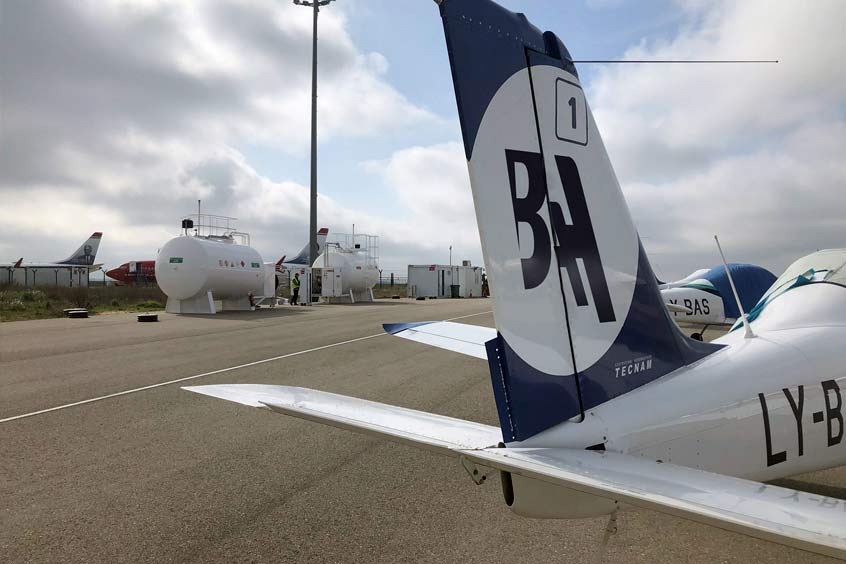Why visit ACE ’25?

Air bp has extended its agreement to supply Avgas 100LL aviation fuel to all BAA Training flight bases, as well as unleaded aviation fuel for BAA Training's aircraft in Lleida-Alguaire and at other Spanish airports where it delivers its training activities. BAA Training thus becomes one of the first aviation academies in southern Europe to use unleaded aviation fuel.
The deal includes the bulk supply of UL91, an approved colourless, unleaded aviation fuel with a fixed volatility range. It is designed to work year-round without seasonal variations. It contains no ethanol, which is known to damage fuel system components, and has an assured energy content; there are no alcohols or ethers that could reduce aircraft range.
With no need for a lead additive, the benefits include longer maintenance intervals and reduced spark plug deposits, allowing for generally more time between maintenance. Specification and cleanliness requirements for UL91 are overseen by the aviation industry, including aircraft and engine manufacturers, fuel suppliers, EASA and the FAA.
Due to growing student numbers, the academy is to add a second flight base in Spain at Castellón airport; its first it at Lleida-Alguaire airport. Andorra La Seu d'Urgell and Reus airports are also set to be used for flight operations in 2020.
“During the peak times we will fly more than 2,000 hours per month at our flight base in Lleida and, with the growing number of students, it is not only important to ensure a better performance and reduced maintenance of the aircraft, but simultaneously reduce lead emission impacting the environment,” explains CEO Egle Vaitkeviciute.
Air bp general director, Spain and Portugal Valerio Ferro adds: “We are pleased to start supplying UL91 to BAA Training as it grows its business. UL91 is recommended by aircraft and engine manufacturers for its performance as well as its reputation for maintaining cleaner engines, as it has no lead in it. This can result in lower particulate emissions and better engine performance while maintaining aircraft range due to the absence of ethanol. We anticipate that both airlines and their trainee pilots will respond enthusiastically to its availability.”